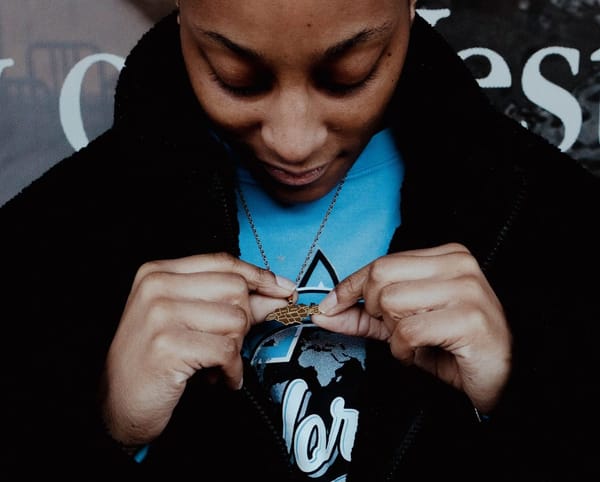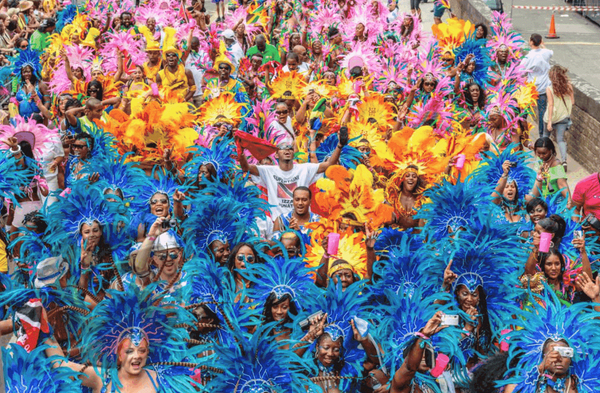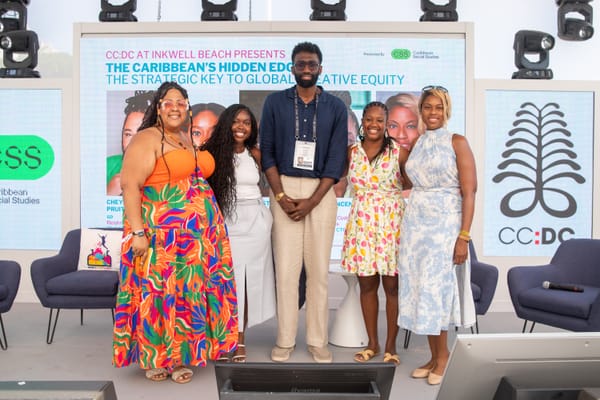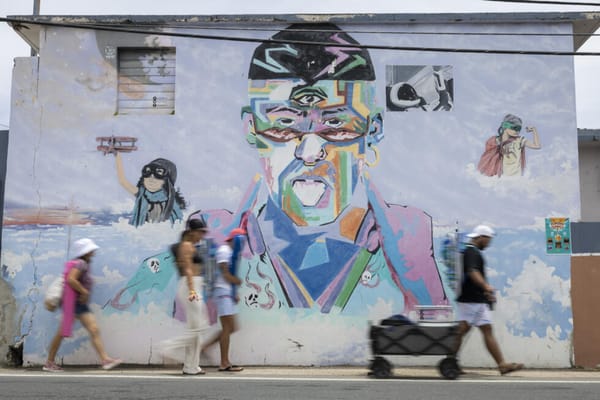From Celebration to Strategy: Caribbean Diaspora Reimagines Economic Power During Brooklyn's Labor Day Festivities
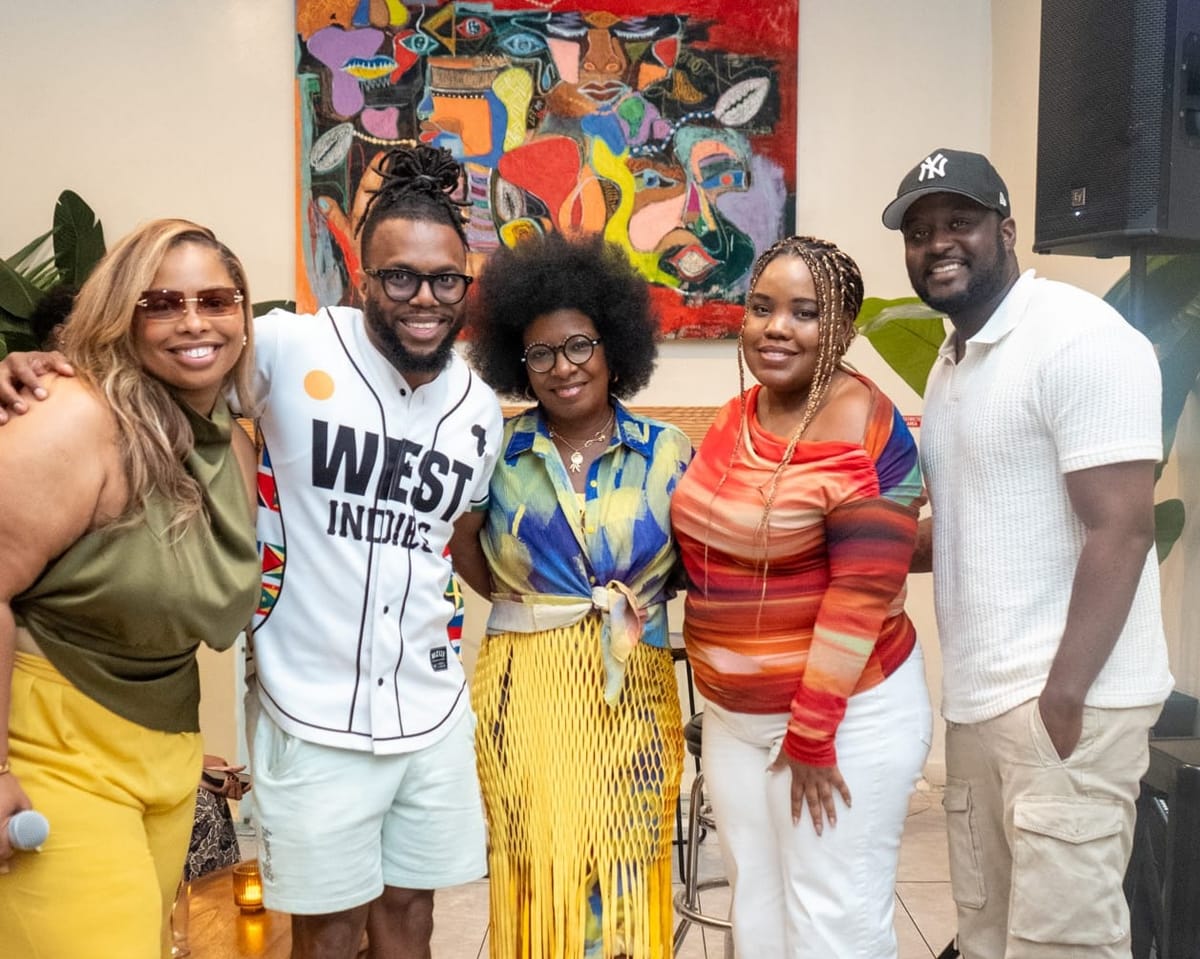
Every late summer, Brooklyn becomes the beating heart of the Caribbean diaspora.
The Labor Day Parade on Eastern Parkway is more than spectacle; it is a living archive of identity, heritage, and unity.
This year, the Caribbean calendar told a three-part story. In Barbados, CARIFESTA XV carried forward the legacy of state-led cultural preservation. In Brooklyn, the Caribbean Music Awards spotlighted artistic excellence and just blocks away another stage was set, not for music or mas, but for strategy.
At The Se7en, a social lounge fast becoming a hub for community and ideas, Caribbean Social Studies (CSS) × Driven Society hosted the inaugural Diaspora Conversations: New York. It convened leaders from across the diaspora around a pressing question:
How can the Caribbean diaspora move beyond individual success stories to build a thriving ecosystem that powers economic and cultural equity?
Moderated by strategist and How Do You Divine? podcast host Sanika Gentles (Jamaican and Cuban heritage), the conversation brought together:
- Naadiya Mills (St. Kitts & Nevis) – Founder, Caribbean Social Studies
- Jonathan Jackson (Trinidad & Tobago) – Entrepreneur & Co-founder, Blavity
- Shelley Worrell (Trinidad & Tobago) – Founder, I AM CaribBeing/Little Caribbean
- Travis Weekes (Barbados) – Founder, Driven Society
What unfolded was less a panel than a time-lapse of Caribbean creativity, past legacies, present challenges, and future blueprints woven into one urgent narrative. If there was one unifying message, it was this:
Talent is not the issue. Systems are.
The Vision: The Caribbean as a Global Innovation Hub
As the global creative economy experiments with new models of innovation, and the Caribbean recognizes the urgency to build industries beyond tourism, the panelists explored the region’s potential.
Shelley Worrell (I AM CaribBeing) painted a compelling picture:
“Barbados is converting sargassum into fuel… the region could actually be a global player in climate change.”
She went further, noting:
“Guyana is the only country in the world that can actually feed itself, and it has massive oil reserves. That’s a Caribbean nation at the center of global energy.”
Naadiya Mills (Caribbean Social Studies (CSS)) emphasized that Caribbean life, in itself, is an elite training ground for globally resonant creatives and strategists. As a result, the region possesses valuable frameworks that global businesses are struggling to embed. This is why CSS is working to position the region not as a peripheral player, but as an innovation leader ready to leapfrog traditional growth models.
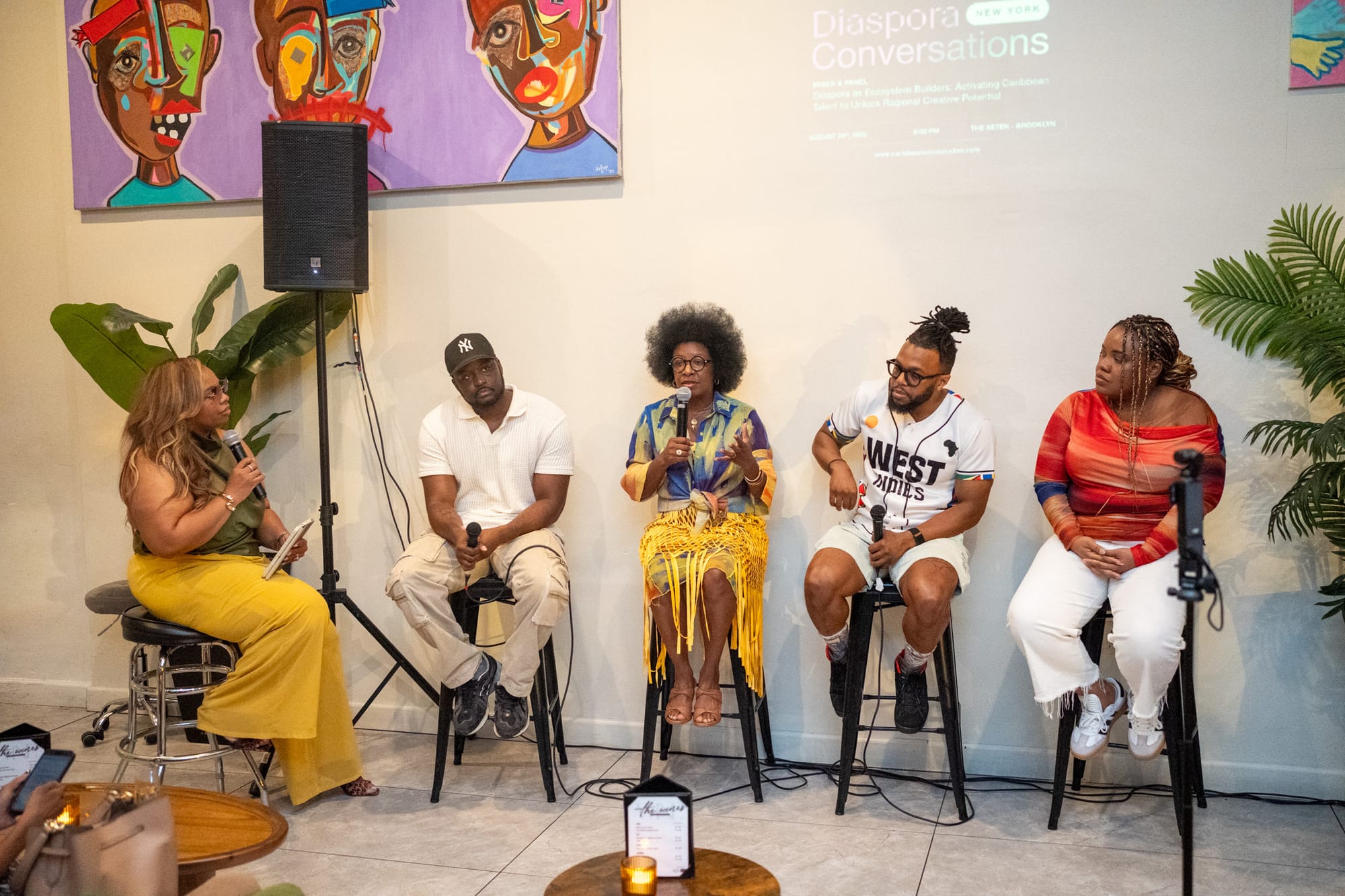
The Reality: Infrastructure Gap, Not Talent Gap
Yet vision alone is not enough. The conversation returned repeatedly to a fundamental truth: the Caribbean has talent in abundance; what it lacks is the infrastructure to fully capture, deploy, and sustain it.
“The issue is not whether there’s talent… The problem has largely been the quality of the ability for distribution to happen and for it to return. You have a capture issue. You do not have a talent problem,” said Jonathan Jackson (Entrepreneur & Blavity Co-founder).
He pushed the point further, urging the diaspora to reimagine its contribution:
“If all I did was send the barrels home and not my insight, I’d have failed.”
Mills framed this as an economic opportunity:
“The Caribbean is much more than home or paradise. Our job is to translate that cultural value into economic value, so investment becomes a no-brainer.”
This is where Caribbean Social Studies intervenes, connecting scattered talent into infrastructure and positioning Caribbean creativity as globally competitive. As Mills put it:
“Caribbean Social Studies is about telling our story in the framework of global creative equity.”
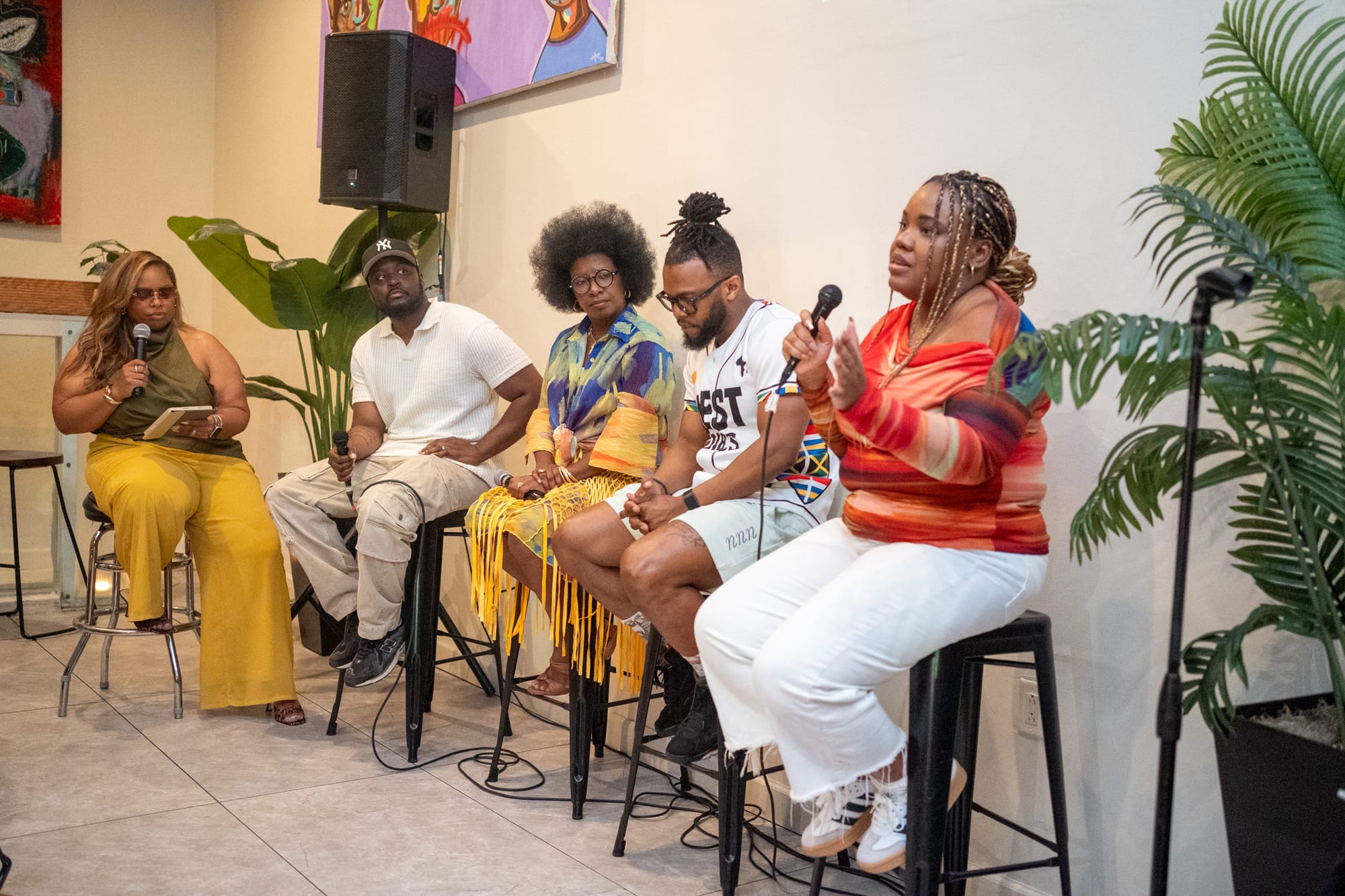
The Strategy: From Siloed Success to Systematic Collaboration
Travis Weekes (Driven Society) warned against celebrating individual achievements while missing systemic progress:
"The foundation of how we grow and excel as a collective is always going to be unity. Other communities collaborate deeply. We should be doing quarterly cultural exchanges where businesses, services, and products plug into each other."
Worrell, who established "Little Caribbean" as Brooklyn's cultural and economic anchor, emphasized ownership:
“We need to be very conscientious about how we are preserving our culture, how we are taking ownership in all parts of the ecosystem — culture, technology, creativity, neighborhoods, environments. Because there are too many outside forces dictating who we are and how we express ourselves."
Brooklyn, she reminded, is itself a map of Caribbean commonality:
“Brooklyn is the most diverse Caribbean city in the world. You can island hop down Flatbush and see all of our common denominators.”
The Challenge: From Resilience to Systems
The panel also tackled the cultural tension between resilience and unity. Jackson reframed the "crabs in a bucket" metaphor with sharp honesty:
“Sometimes the crabs in a bucket isn’t that we’re in a bucket, it’s that we’re crabs. We only want there to be one crab.”
The solution requires structured, intentional collaboration. Mills positioned technology as the bridge builder that turns scattered brilliance into shared infrastructure. Resilience may sustain survival, but collaboration, structured, intentional, and ongoing, is what builds scale.
The Power: Narrative Control as Economic Strategy
If economics is one side of the puzzle, storytelling is the other. Narrative control is not just pride; it is infrastructure.
“The diaspora has so many untold stories… and these stories are the foundation of what inspires our products, food, and culture. These stories connect to our economic realities and are the foundations of inspiration.” said Travis Weekes.
The panelists agreed that the absence of narrative control is costly. Owning Caribbean stories transforms culture into capital. Jackson elaborated:
“We need more media capture. When you hear about Afrobeats, no one is debating its legitimacy. The question is, which artist do you listen to? That’s the shift I want for Caribbean culture: moving from ‘is it serious?’ to ‘I don’t want to miss it.’ That begins with owning our narratives.”
Worrell reframed Carnival as more than spectacle:
“Carnival isn’t just a party, it’s cultural preservation, economic opportunity, and innovation rolled into one. Outside forces can’t define who we are—we must own our culture, creativity, and communities.”
Weekes underscored the diversity and richness of the community,
"There's no monolith in our community, there's no duplicate. What's special about us is that we come in all shapes, colors, sizes, different backgrounds, and the role we play is to make sure that our stories are loud, that our stories can be found."
Narrative control transforms culture into capital. For Caribbean Social Studies, storytelling and economics are inseparable, framing Caribbean creativity as globally competitive opens pathways for partnerships, investment, and influence.
The Execution: Ideas to Intellectual Property
Owning the Caribbean story is only the first step. Narrative control defines value and perception, but execution is what transforms those stories into intellectual property, partnerships, and capital. But ideas alone, no matter how powerful, remain inert without action. As Jonathan Jackson said:
“There is no IP when the idea shows up. There’s IP when you execute.”
He outlined a digital-age flywheel:
"The internet is borderless. Context creates capture, capture creates interest, interest creates opportunity, and opportunity translates into revenue—starting with media, ending with capital, and cycling back into the region."
Local work must connect to global systems. Worrell's I Am CaribBeing/Little Caribbean initiatives spark conversations from Brooklyn to the Caribbean, while Mills’ Food For Creative Souls Caribbean creative bootcamps connect regional talent with top industry mentors. Similarly, Driven Society’s Summits Inspire Bermuda and Events in Culture in New York act as cultural exchanges, enabling Bermuda-based vendors to share their products, stories, and cultural perspectives with a wider audience. As Travis Weekes explained,
“These summits create cultural exchange and economic opportunity… the foundation is always the story: how we show up in culture and in our communities.”
Their work demonstrates that hyperlocal projects, when structured, connected, and grounded in storytelling, generate ripple effects that attract investment, partnerships, and broader global impact.
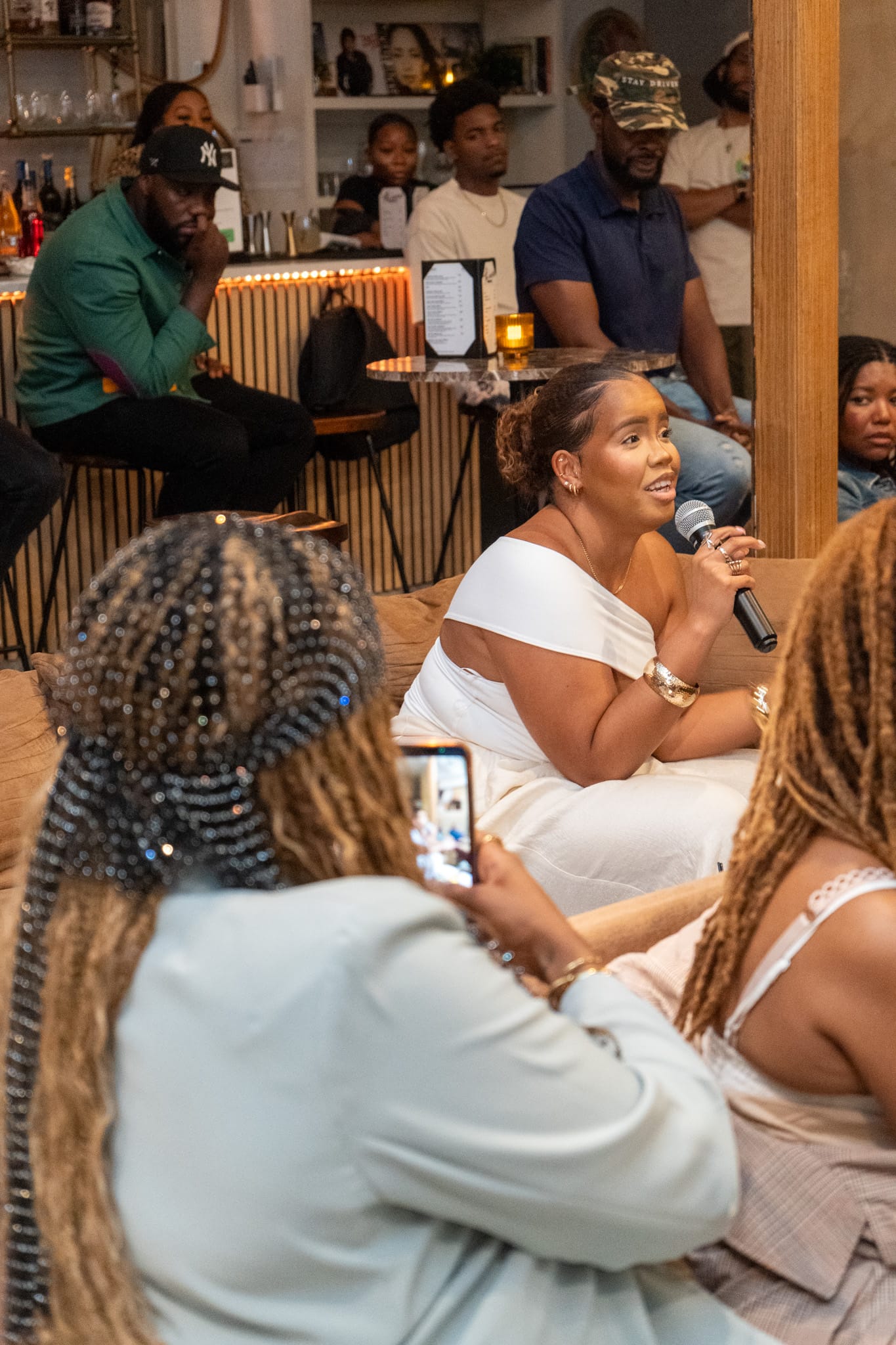
The Responsibility: Documenting Pathways for Next Generation
Perhaps the most personal moments came when panelists spoke about young people. Education, documentation, and mentorship emerged as central to systemic change.
Naadiya Mills spoke about her experience mentoring Caribbean youth through her bootcamps in partnership with Caribbean governments:
“I had them simulate an agency… it wasn’t just about the titles, I saw kids realize what they do everyday actually had names and careers attached to them. A flip switched in their heads.” — Naadiya Mills
Jonathan Jackson reflected on the generational responsibility of sharing knowledge:
“Some of us did a disservice by not talking openly about what our careers required or what they actually looked like, because we were taught to keep our heads down and just get to it. And I think what happened is, when we looked up, we became whatever, but we didn't document the journey. This is the generation gap, now is a moment for documentation. A friend told me at a conference, ‘We needed you to be present in the ecosystem.’ That’s the moment I realized the importance of documenting our paths and making ourselves available for those coming after us.”
For CSS, mentorship and knowledge-sharing form the foundation of systemic change, ensuring clear pathways to meaningful creative and economic impact.
The Infrastructure: Caribbean Social Studies as Connection Point
Caribbean Social Studies operates as the knowledge-sharing infrastructure the region needs. The platform addresses the connectivity gap Mills identified:
"One of the things Caribbean governments cite as a barrier to progress is lack of experts. There's no lack of experts, we're just not connected."
CSS provides:
- Expert database connecting professionals with regional opportunities
- Educational resources and frameworks for creative industry development
- Strategic partnerships facilitating collaboration
- Community building through initiatives like Diaspora Conversations
Mills positioned CSS clearly:
"Caribbean Social Studies is actively working to connect the diaspora and the region in actionable ways. This is critical to unlocking economic potential."
The Call: From Potential to Global Impact
The Caribbean diaspora is infrastructure, not just talent. The region has world-class creatives, strategists, and innovators. The question is connection, funding, and sustainability.
Immediate Actions:
For Diaspora Professionals: Join CSS's expert network by subscribing. Share your career journey and insights through our initiatives. Mentor Caribbean youth through CSS programs.
For Businesses: Partner with CSS on initiatives connecting diaspora expertise with regional development. Create collaborative opportunities using CSS networks.
For Investors: Fund Caribbean creativity as infrastructure. Partner with CSS to unlock global creative equity.
For Governments: Reduce administrative barriers. Work with CSS to build meaningful diaspora pathways.
Jackson emphasized individual responsibility:
"Education is what I give myself. Schooling is what they give me. Education is what I go get."
What's Next
Diaspora Conversations continues in Brixton, London in 2026. The Caribbean's next chapter is being written now, and the diaspora has both opportunity and responsibility to lead.
Caribbean Social Studies ensures that knowledge, connection, and action transform potential into measurable global impact. As Mills noted: "Once the connectivity problem is figured out, the growth in the Caribbean will be exponential."
The Caribbean is ready, not just to be seen, but to lead. Unity, innovation, and creativity aren't just cultural drivers, they're the engines of the region's economic future.
Subscribe: We deliver ongoing insights, opportunities, and community connections that unlock the Caribbean's collective potential.
Partner With Us: Interested in hosting Diaspora Conversations in your city? Let’s connect: partnerships@caribbeansocialstudies.com
Follow Us: https://www.instagram.com/caribbeansocialstudies/

